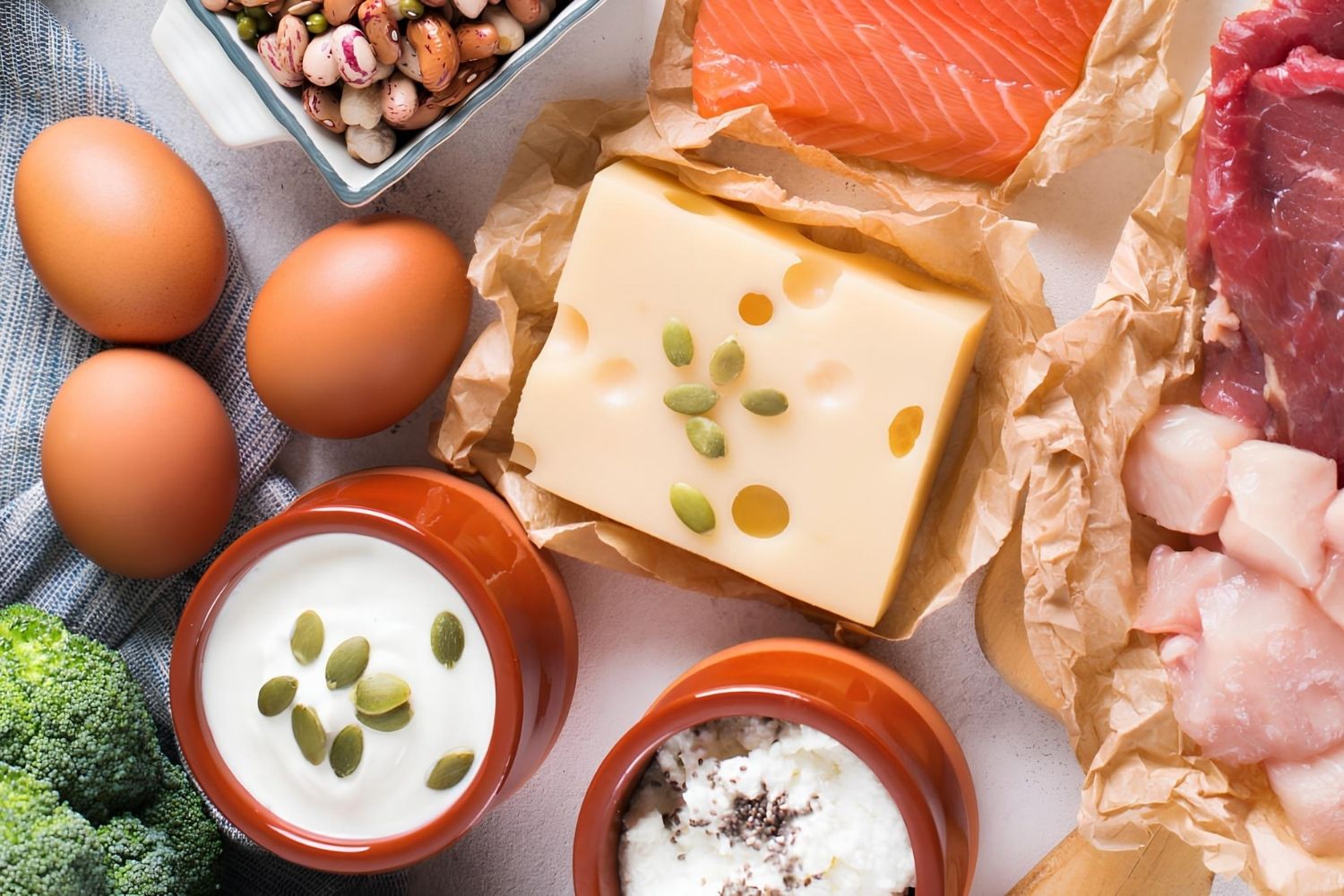
Choline is a vital nutrient that often flies under the radar. Found in foods like eggs, liver, and fish, it plays a crucial role in brain health, liver function, and muscle movement. But what exactly makes choline so important? Choline helps produce acetylcholine, a neurotransmitter involved in memory and muscle control. It also supports cell membrane structure and aids in fat metabolism. Despite its importance, many people don't get enough choline in their diet. This can lead to issues like liver disease and cognitive decline. Curious to learn more about this essential nutrient? Keep reading to uncover 31 fascinating facts about choline that will help you understand why it deserves a spot in your daily diet.
What is Choline?
Choline is a nutrient that plays a vital role in many bodily functions. It's essential for brain health, liver function, and muscle movement. Here are some fascinating facts about choline that you might not know.
-
Choline is considered an essential nutrient because the body cannot produce enough of it on its own.
-
It was officially recognized as an essential nutrient by the Institute of Medicine in 1998.
-
Choline is crucial for the production of acetylcholine, a neurotransmitter involved in memory and muscle control.
-
Pregnant women need more choline because it supports fetal brain development.
-
Eggs are one of the richest sources of choline, with one large egg providing about 147 mg.
Health Benefits of Choline
Choline offers numerous health benefits, from brain function to liver health. Let's explore some of these benefits in detail.
-
Adequate choline intake can improve cognitive function and memory.
-
Choline helps in the formation of cell membranes, making it essential for cellular health.
-
It plays a role in fat metabolism, helping to prevent the accumulation of fat in the liver.
-
Choline is involved in the production of DNA, which is crucial for cell division and growth.
-
It can reduce the risk of neural tube defects in newborns when consumed during pregnancy.
Sources of Choline
Finding choline in your diet is easier than you might think. Here are some common foods rich in this nutrient.
-
Beef liver is one of the highest sources of choline, offering about 356 mg per 3-ounce serving.
-
Chicken breast provides around 72 mg of choline per 3-ounce serving.
-
Fish like salmon and cod are also good sources, with salmon offering about 75 mg per 3-ounce serving.
-
Dairy products like milk and yogurt contain moderate amounts of choline.
-
Vegetables such as broccoli and Brussels sprouts offer smaller amounts but are still beneficial.
Choline Deficiency
Lack of choline can lead to several health issues. Understanding these can help you recognize the importance of this nutrient.
-
Choline deficiency can cause muscle damage and liver disease.
-
It may lead to non-alcoholic fatty liver disease (NAFLD).
-
Deficiency in choline can result in cognitive decline and memory loss.
-
Pregnant women with low choline levels are at higher risk of having babies with neural tube defects.
-
Athletes may experience reduced performance and increased fatigue due to choline deficiency.
Recommended Daily Intake
Knowing how much choline you need daily can help you maintain optimal health. Here are the recommended amounts.
-
Adult men should aim for 550 mg of choline per day.
-
Adult women need about 425 mg per day.
-
Pregnant women require around 450 mg daily to support fetal development.
-
Breastfeeding women should consume about 550 mg per day.
-
Children need varying amounts depending on their age, ranging from 150 mg to 375 mg per day.
Choline Supplements
Sometimes, getting enough choline from food alone can be challenging. Supplements can help fill the gap.
-
Choline supplements come in various forms, including choline bitartrate and phosphatidylcholine.
-
They are often used to improve cognitive function and memory.
-
Some studies suggest that choline supplements can enhance athletic performance.
-
Always consult a healthcare provider before starting any supplement regimen.
-
Overconsumption of choline supplements can lead to side effects like fishy body odor and low blood pressure.
Interesting Facts About Choline
Let's wrap up with some intriguing tidbits about this essential nutrient.
- Choline was first discovered in 1862 by chemist Adolph Strecker.
The Final Word on Choline
Choline's importance can't be overstated. This nutrient plays a key role in brain function, liver health, and muscle movement. It's found in foods like eggs, liver, and fish, making it accessible for most diets. Despite its benefits, many people don't get enough choline, leading to potential health issues. Supplements can help, but it's always best to aim for a balanced diet first. Remember, too much choline can cause problems, so moderation is key. Whether you're looking to boost memory, support liver function, or improve overall health, choline is a nutrient worth paying attention to. Keep these facts in mind next time you're planning meals or considering supplements. Your body will thank you for it.
Was this page helpful?
Our commitment to delivering trustworthy and engaging content is at the heart of what we do. Each fact on our site is contributed by real users like you, bringing a wealth of diverse insights and information. To ensure the highest standards of accuracy and reliability, our dedicated editors meticulously review each submission. This process guarantees that the facts we share are not only fascinating but also credible. Trust in our commitment to quality and authenticity as you explore and learn with us.
